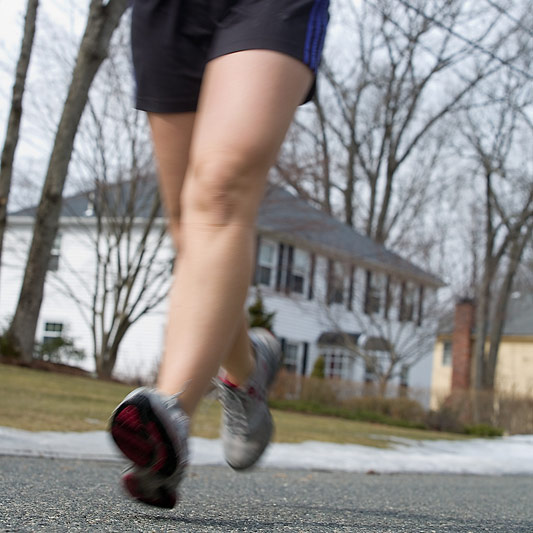FRIDAY, Feb. 12, 2016 (HealthDay News) — Patients with the leading form of lung cancer may be able to look to Coca-Cola Classic to solve a common medicinal challenge, new research suggests.
As the Dutch scientists explain it, the effectiveness of the powerful lung cancer drug Tarceva (erlotinib) depends on the pH level of the stomach. But many people on Tarceva must also take a proton pump inhibitor heartburn medication — such as Nexium or Prilosec — which raises stomach pH to more alkaline levels.
That higher pH can lower the absorption rate for Tarceva, cutting its effectiveness in fighting non-small-cell lung cancer, research suggests.
One prior study involving healthy volunteers found the use of Prilosec lowered blood concentrations of Tarceva by 61 percent.
What to do? In the new study, researchers led by Dr. Roelof van Leeuwen, of Erasmus MC Cancer Institute in Rotterdam, the Netherlands, wondered if the solution might be to reverse stomach pH “by taking Tarceva with the acidic beverage cola,” namely Coca-Cola Classic.
The study focused on 28 people with non-small-cell lung cancer who were taking Nexium plus Tarceva. For two weeks, half of the patients took about 8 ounces of water with their meds for the first seven days, and then the same amount of Coca-Cola Classic for the next seven days. The following two weeks, the patients took the beverages in the reverse order.
The result? “Cola intake led to a clinically relevant and statistically significant increase” in the absorption of Tarceva for patients taking Nexium, van Leeuwen’s team reported online Feb. 8 in the Journal of Clinical Oncology.
The study authors believe that asking patients to drink less than a can of cola may be an “easy-to-implement” way to maximize the effectiveness of Tarceva when a heartburn medicine must also be taken by the patient.
One lung cancer expert agreed that some patients do need a way around the problem.
“Unfortunately, many patients requiring Tarceva also need proton pump inhibitors to decrease stomach acidity caused by gastritis” — an irritation of the stomach lining — or by the drugs they are taking, such as certain painkillers, said Dr. Alan Mensch of Northwell Health’s Plainview Hospital, in Plainview, N.Y.
“The result is less stomach acid and less absorption of Tarceva, making the drug less effective in treating the cancer,” he explained. The use of cola to counteract the effect is interesting, added Mensch, who is chief of pulmonary medicine at the hospital.
“Coca-Cola Classic was chosen because it increased stomach acid temporarily and was more acidic than other beverages, such as orange juice, 7-Up and Dr. Pepper,” Mensch noted. The study authors said, however, that more research is needed to see if other types of acidic drinks can work as well as Coca-Cola Classic in this context.
And what did the patients think? “In the current study, 250 milliliters [8.4 ounces] of cola was well-tolerated,” van Leeuwen’s group wrote.
The researchers also believe that the strategy may work to boost the effectiveness of other, related cancer drugs that also depend on an acidic stomach pH for their “bioavailability.”
Those drugs include dasatinib [Sprycel], gefitinib [Iressa] and nilotinib [Tasigna], the team said. However, they stressed that cola’s use in boosting the effectiveness of those medicines “remains to be evaluated in future studies.”
More information
Find out more about lung cancer treatment at the American Cancer Society.
Copyright © 2026 HealthDay. All rights reserved.

